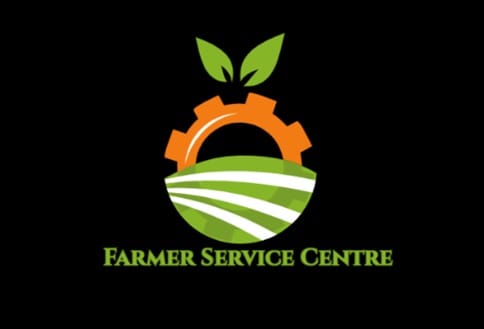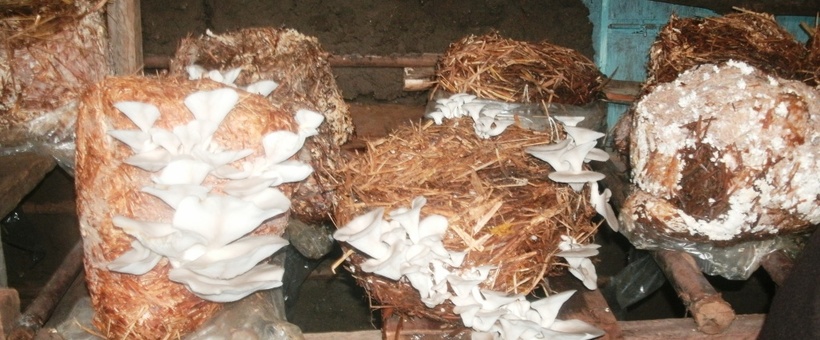
By Brian Moseti
An increase in appetite for traditional African vegetables (TAVs) is opening up new markets for Kenyan farmers abroad. The demand has been brought about by a rise in the numbers of Africans immigrating to the US, Europe and Australia.
This is in addition to the reduction of barriers in accessing these markets as a result of ongoing deals between the Kenyan government and their counterparts abroad.
“Negotiations on sanitary and phytosanitary (SPS) regulationshave helpeddevelop food safety standards that allow locally certified products by institutions such as the Kenya Plant Health Inspectorate Service (KEPHIS) to enter the European market. Similar discussions with the US are ongoing,” said Peterson Nyanchwaya, the Manager of Trade Advisory Services at the Kenya Export Promotion and Branding Agency.
Related News: Processor guarantees prices for organic and traditional outgrowers
Related News: JKUAT selling nine varieties of indigenous vegetables released by KEPHIS
Following the continued removal ofnon-tariff barriers, Kenyan farmers are now finding it easy to access profitable markets outside the continent.
“It is now less hectic to sell your products in developed countries provided you meet the required safety thresholds,” said Marion Wesonga, a farmer from Kakamega, who independently exports dried vegetables to clients in the UK after acquiring the necessary certifications.
Ms. Wesonga, who stayed in the UK for five years, between 2013 and 2018, realised a demand for indigenous African vegetables as saga (African spiderweed), kunde (cowpeas), terere (amaranth) and managu (black nightshade) from the Kenyan community abroad.
“It is quite difficult to get the vegetables we are used to in foreign countries, hence the need to source them from Africa,” said Wesonga, who exports dried vegetables, which fetch her almost five times the price in local markets.
Yet, one does not need foreign contacts to enter the export market. Locally, there are several companies that contract farmers to produce vegetables, spices and other horticultural crops, which they then process and sell outside the country.
For the average farmer, partnering with these companies is ideal as it reduces the number of engagementsare involved in before selling their produce. One such company is Mace Foods, which mainly serves farmers from Western Kenya.
Founded in 2002, Mace Foods specializes in dehydrated spices, indigenous vegetables andherbs. The company offers contracted farmers the support needed in the production process and a guaranteed market for their produce. Presently, Mace has contracts with 1,810 farmers from 14 counties, but it plans to expand its database to 4,000 farmers by the end of 2021.
Related News: Nutritionist makes flour from traditional vegetable through value addition
“For us to meet the demand in international markets, we need to increase the number of farmers we work with by more than twice,” said the company’s founder and managing director, Margaret Komen.
In its expansion plan, Mace is working with a KSh54.41million loan from Kenya Climate Ventures, which will go into managing collection points, processing infrastructure and certification processes for farmer groups.
For more information on how to reach the export market, contact the Kenya Export Promotion and Branding Agencythrough phone:0722205875 or email This email address is being protected from spambots. You need JavaScript enabled to view it.
To reach Mace Foods for information on the farmer contracting process call:0720391290
Write comment (0 Comments)
















